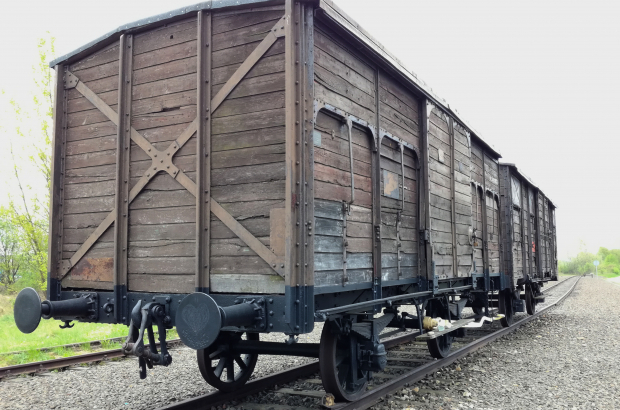- Daily & Weekly newsletters
- Buy & download The Bulletin
- Comment on our articles
Parliament to open investigation into SNCB's role in Holocaust deportations
A resolution to investigate the role of SNCB in the deportation of thousands of Jews during the Second World War has been unanimously passed by Belgium's federal parliament.
The Belgian rail operator publicly acknowledged its involvement in 2012, with then-managing director Jannie Haek describing it as "a black page in the history of society".
Parliament will now ask the SNCB and the federal mobility and transport ministry to open their archives for a fuller investigation into what happened.
Instead of risking economic losses and supply problems for not cooperating after the Germans occupied Belgium in 1940, SNCB chose to collaborate with them. Nearly 26,000 Jews from Belgium were deported from Mechelen to the Auschwitz-Birkenau camps between 1942 and 1944. During this time, SNCB chartered 28 convoys to the camps.
The government is preparing a possible proposal for both the recognition and compensation of the relatives of victims, depending on the outcome of the investigation.
Nico Wouters, director of Belgian war studies institute CEGES, said: "We have already known for a long time that the SNCB helped to deport Jews, that is clear, but as for the how, the organisation of trains to the East, on the decision-making process, the pressures used by the Germans, the negotiations, it is much more complex to determine. We have already tried to find archives at the SNCB, and we have not made much progress."

















